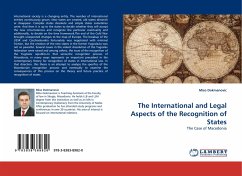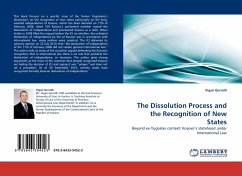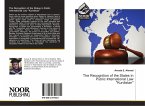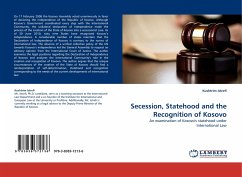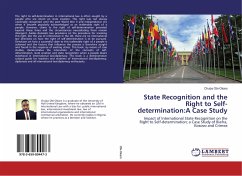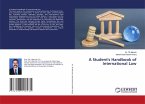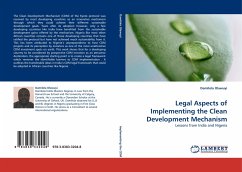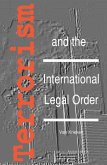International society is a changing entity. The number of international entities continuously grows. New states are created, old states diminish or disappear. Complex states dissolute and simple states sometimes unite. And then it is up to the states to decide whether they will accept the new circumstances and recognize the particular eventuality and additionally, to decide on the time framework.The end of the Cold War brought unexpected changes to the map of Europe. The breakup of the USSR and Czechoslovakia fortunately was negotiated with minimal friction, but the creation of the new states in the former Yugoslavia was not so peaceful. Several issues in the violent dissolution of the Yugoslav federation were raised and among others, the issue of the recognition of the Yugoslav republics.In that sense,the recognition process of Macedonia, in many ways represents an important precedent in the contemporary theory for recognition of states in international law. In that direction, this thesis is an attempt to analyze the specifics of the Macedonian recognition process and eventually to examine the consequences of this process on the theory and future practice of recognition of states.
Bitte wählen Sie Ihr Anliegen aus.
Rechnungen
Retourenschein anfordern
Bestellstatus
Storno

